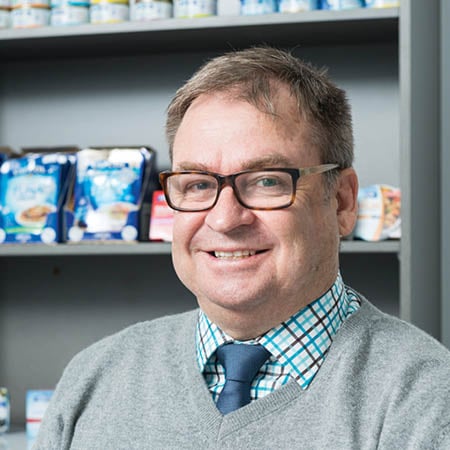One of the most popular lunch options in the world, and the third-highest consumed seafood globally, canned tuna has been popular since its invention in 1903. However, the popularity of tuna, like many other seafood products, can sometimes be clouded by the threat of overfishing, especially as the world’s population grows and the demand for canned tuna increases.
Now, in 2015, more and more brands on the shelf at the supermarket use sustainable fishing practices, but this wasn’t always the case. In Australia, it was Safcol that led the charge for sustainable fishing of tuna back in 2011. As CEO Andrew Mitchell explains, other brands followed Safcol’s example. “Safcol is one of world leaders, and in the commercial sense has been a major factor in the change to providing more responsibly fished tuna in the Australian market, where now most other companies are following our lead.”
Safcol now uses only 100-per-cent responsibly fished tuna, using both pole-and-line and FAD-free (fish-aggregating device free) fishing methods, which are the most sustainable fishing methods, ranking Safcol as one of the most sustainable and ethical canned-tuna companies by both Greenpeace and Shop Ethical. Safcol uses only skipjack tuna, as this is considered the most sustainable tuna species. ”We are the first major brand in Australia to go to responsibly fished tuna,” Andrew says. ”By the end of this year, virtually all other brands will follow. But we started in 2011 and it has taken them quite a few years to catch up. Now, by the end of this year, the majority of the market will be responsibly fished and Safcol drove that; we were the first to do it.”
Andrew started with Safcol at the same time this move to sustainable fishing occurred, and has been able to see the rest of the industry follow its historic lead. Andrew has been working in the food industry his whole career, and this is his first CEO position after several senior management roles in other companies. “I have been in the food industry all of my professional career. I’ve worked at medium to large companies in a food industry, all of which are well known, all of which provided me with an excellent understanding of the food industry, how customers and consumers think, how products are manufactured, and how to manage relationships. I started at Woolworths as a trainee manager and then became a store manager. I went on to work for Nestlé for a number of years from junior roles up to senior roles within the organisation, and then from there I took on a general management role at Golden Circle and then Sunbeam Foods as a general manager. For the past four years, I have been the CEO of Safcol.”



